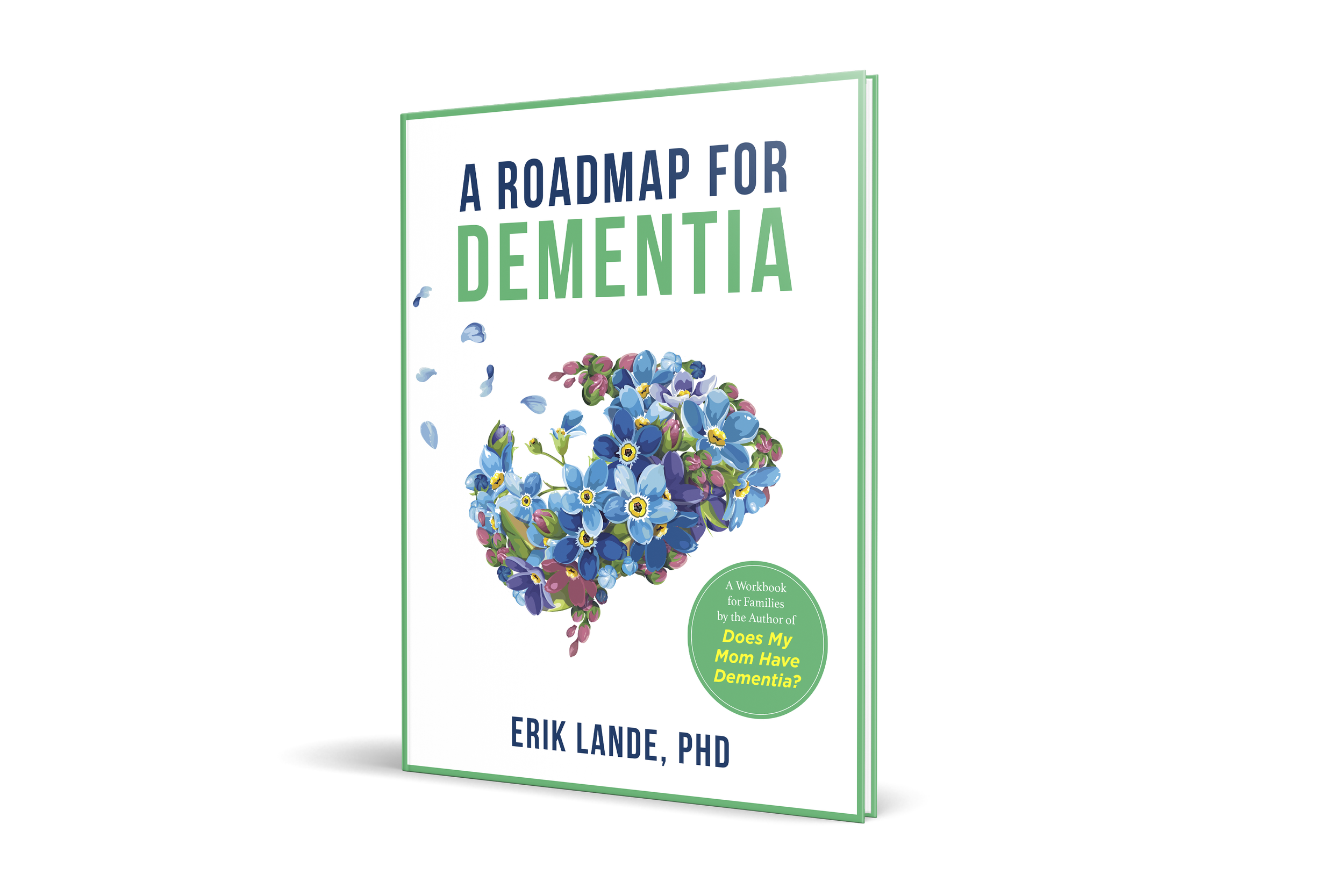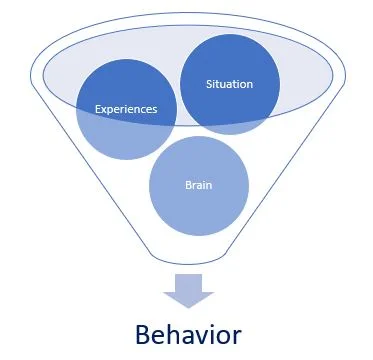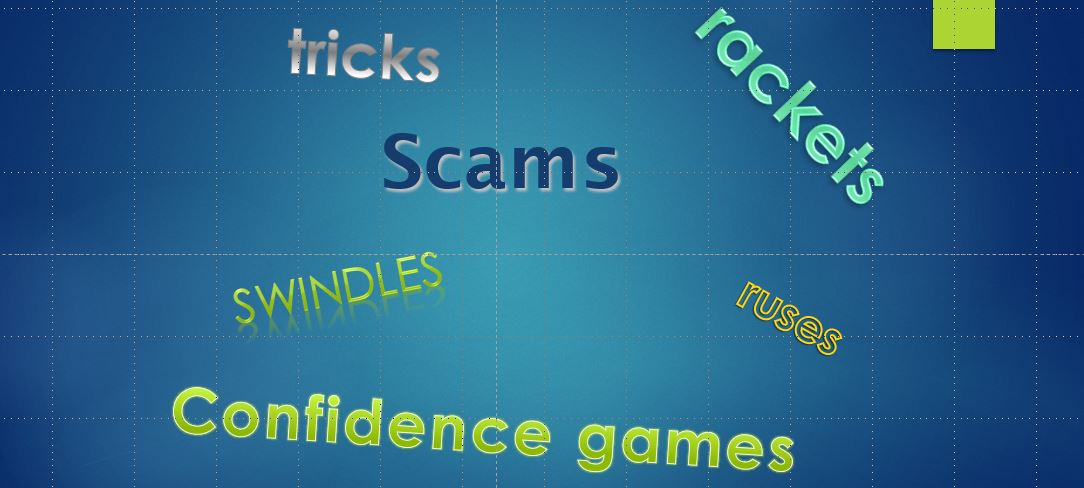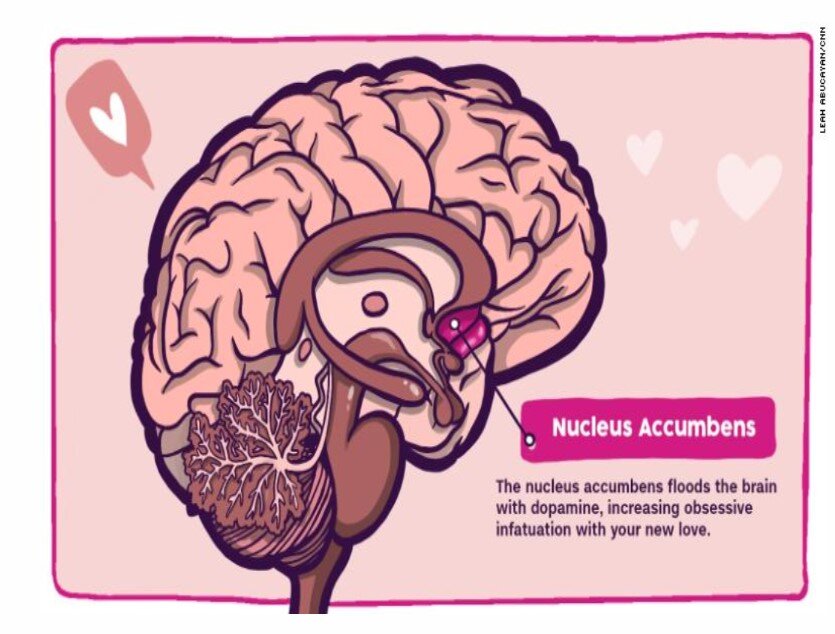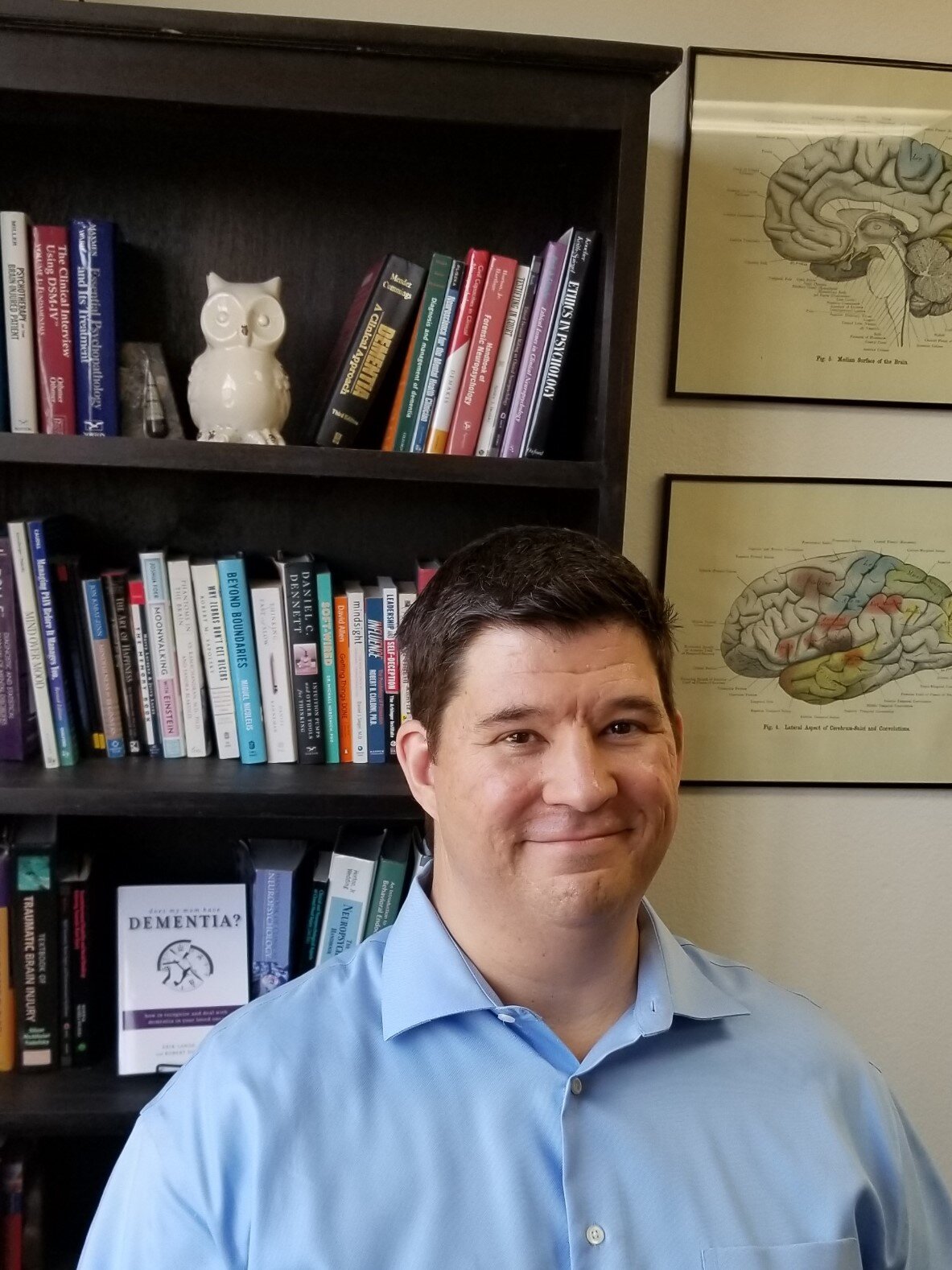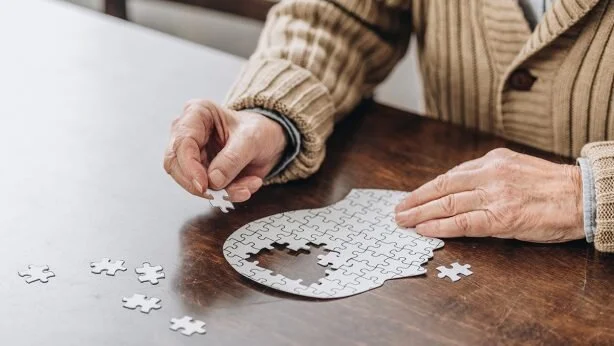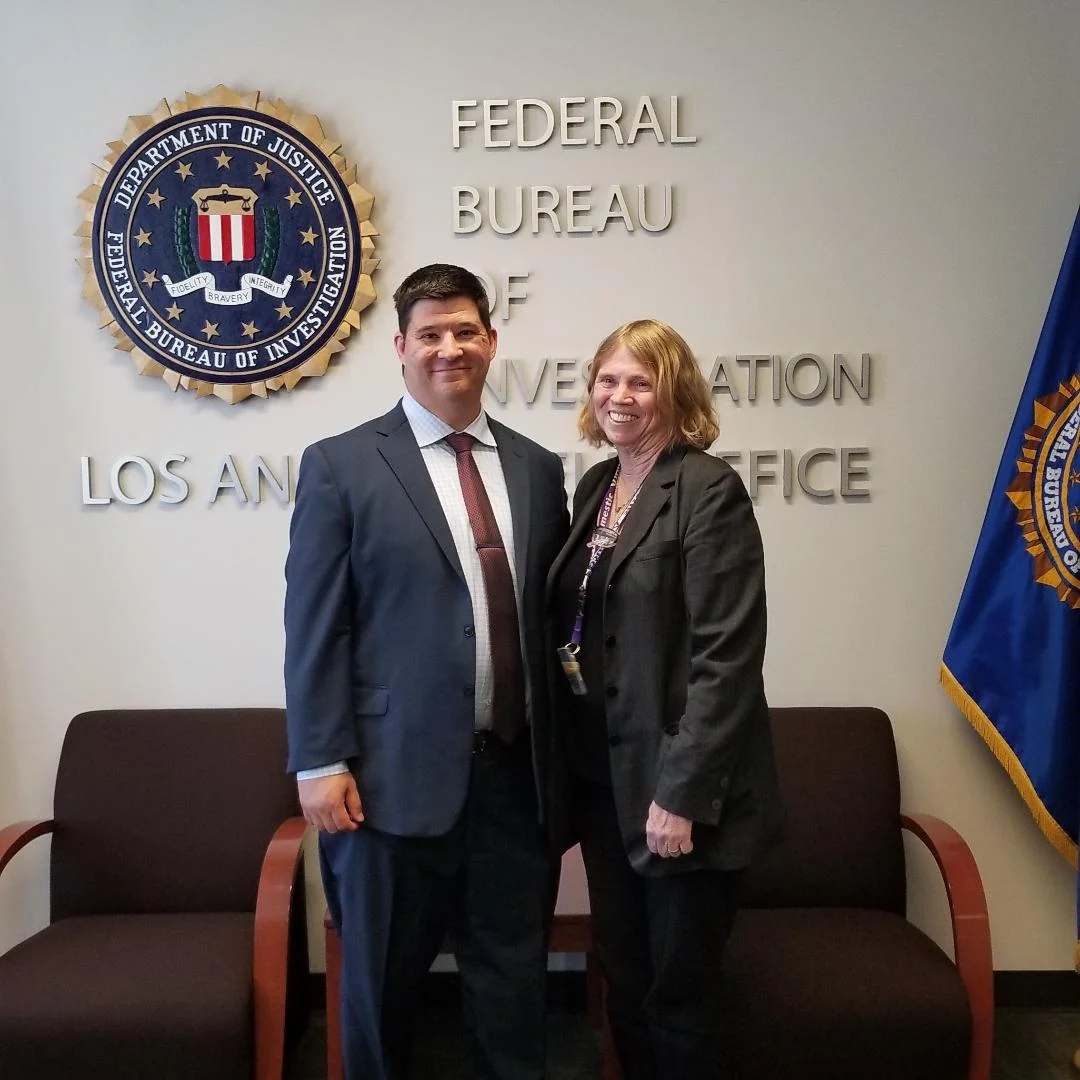Need more help?
Interested in learning more, or want an assessment or advocacy services for your child?
For more information about how to best support your child’s schoolwork at home, please contact me, Dr. Skye Stifel, at Insight Neuropsychology. As a former special education teacher, a Nationally and California Certified School Psychologist, and Licensed Educational Psychologist. I have the knowledge and experience to help you with your child.
At Insight Neuropsychology we provide personalized assessment and treatment services to promote cognitive health and well-being. We help you learn about how your child’s brain is functioning and how their environment is affecting them, as INSIGHT is the first step in improving your mental functions.

